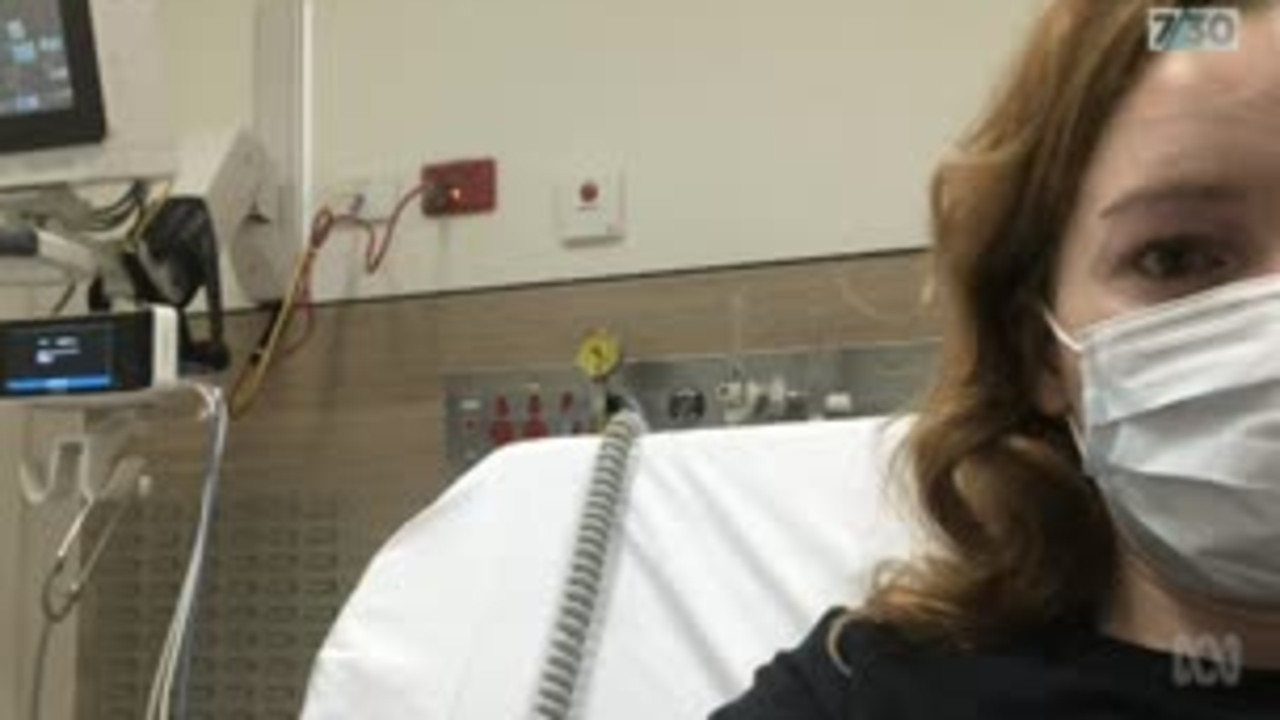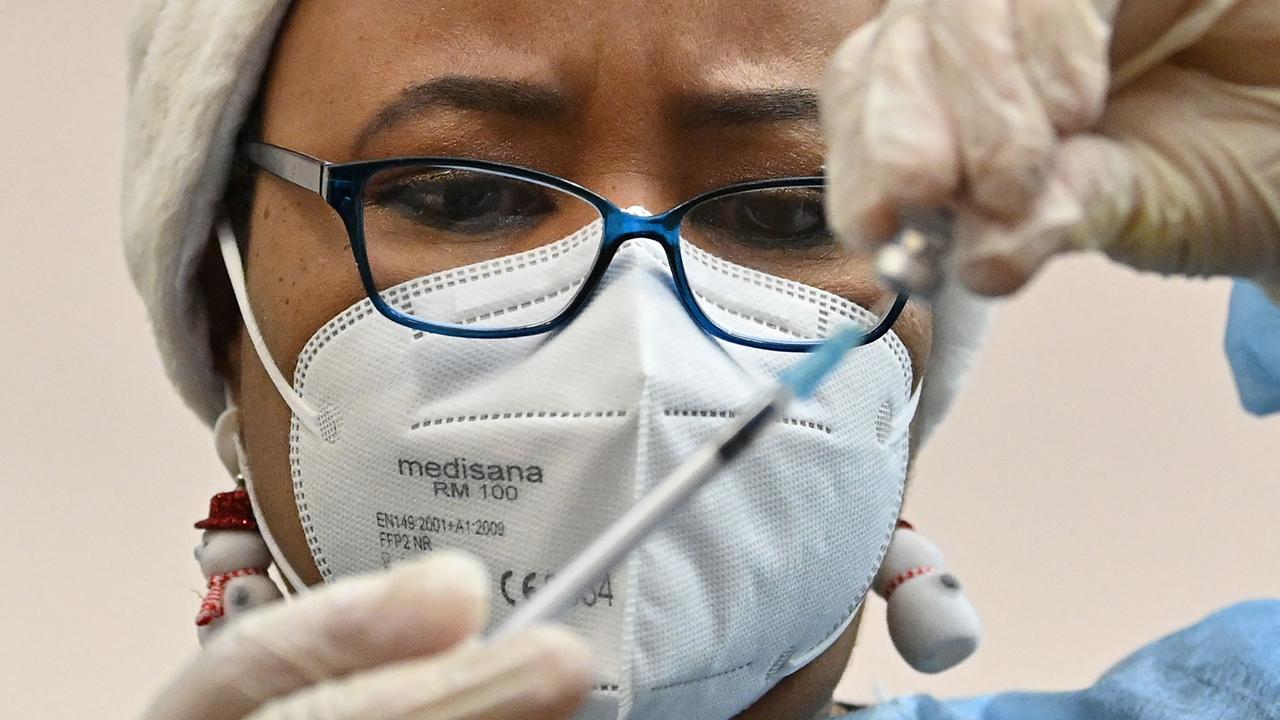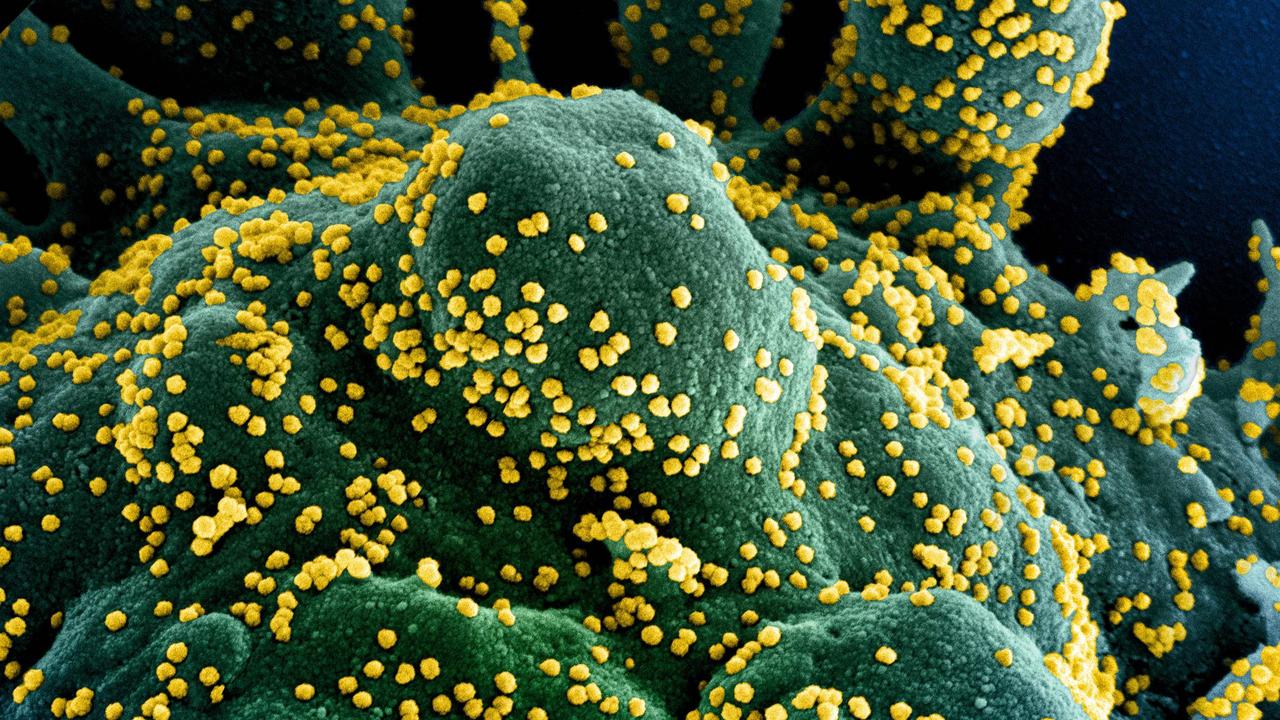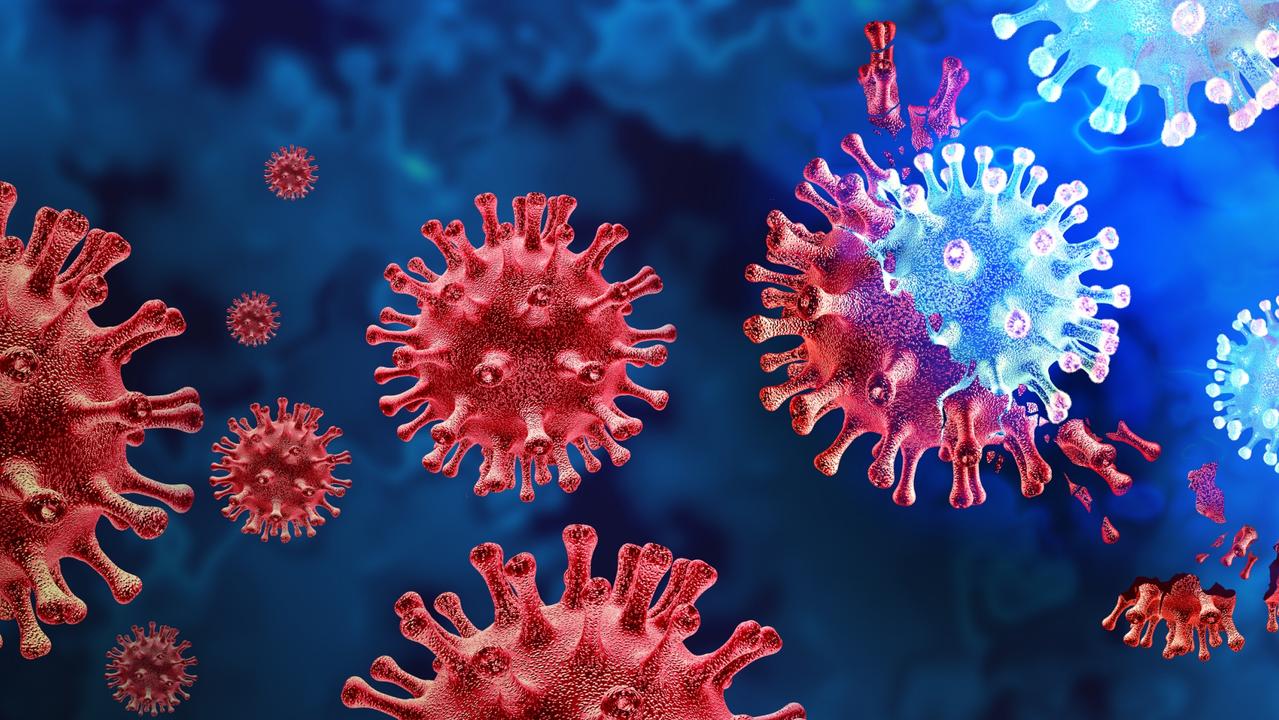Coronavirus sufferers have lingering effects three months on
A significant proportion of those who recover from coronavirus have found they’re still suffering effects of the virus up to three months later, experts have found.
A significant proportion of those who recover from COVID-19 have found they’re still suffering effects of the virus up to three months later, experts have found.
While the majority make a full recovery, between 15 and 30 per cent of people report symptoms that are lingering “30, 60, 90 days” after their initial coronavirus diagnosis, infectious diseases specialist Dr Michael Peluso told ABC.
One of the most concerning aspects of the new finding is that there’s no pattern in terms of the type of person experiencing ongoing symptoms, Dr Peluso said, with people of all ages being affected – proving once again that COVID-19 “doesn’t discriminate”.
Georgia Mooney, 31 and “otherwise healthy”, was diagnosed with coronavirus after returning from the UK in March. But, like most young people, she told ABC’s 7.30 on Thursday she assumed it would “probably be just a couple of weeks of feeling sick and then I’ll be reasonably back to normal”.
Instead, the singer-songwriter has experienced a drawn-out and “distressing” recovery period with unpredictable, lingering symptoms.
RELATED: Follow the latest coronavirus updates

Almost four months after being infected, Ms Mooney still has “daily chest pain and shortness of breath, and a feeling of a constricted chest”.
“I can’t exert myself too much. I can go for a walk every day but nothing beyond that,” she said, describing it as “scary”.
“If I knew then what I know now about the virus, I would be really scared.”
Lingering symptoms range from ongoing fatigue, reduced exercise tolerance and respiratory symptoms to “brain fog” and issues with attention concentration, infectious diseases physician Professor Greg Dore, who is involved with a study at Sydney’s St Vincent’s Hospital looking at the long term impacts of coronavirus, told ABC.
The same phenomenon has been reported overseas. Two female doctors at a UK hospital both continued to experience shortness of breath three months after they were first infected with COVID-19.
“I usually struggle with things like stairs. My heart rate will jump to 140 after I’ve climbed a flight of stairs. Last week I was having quite a bad week … I felt that I couldn’t sleep because I was too breathless. And obviously from that point of view, I was quite tired,” 27-year-old Amira Valli told Bradford Royal Infirmary’s Dr John Wright.
Physiotherapist and one of Britain’s top CrossFit athletes, Molly Williams, said along with breathlessness she also has problems with her memory after being infected with coronavirus.
“My resting heart rate used to be 50 and now it’s about 90,” she said, adding just talking now makes her breathless.
“I’m forgetting things, and I’m repeating things a few times, I’m just not retaining information. If I try and remember a word I can’t. I’m having to write things down all the time just to remember them.
“I’ve no past medical history and for it to hit me the way it has is really hard.”
RELATED: Can you catch coronavirus twice?
Experts are yet to understand why certain patients are having such long-term problems, Dr Wright wrote in the BBC piece.
“It is possible that the virus is lingering in reservoirs in their bodies and causing persistent symptoms, as we saw in survivors of ebola. Some of our patients are positive for the virus weeks after they first became infected but this is probably due to antigen-testing picking up residual fragments of the viral RNA. If so, these RNA fragments could be triggering a prolonged immune response that explains the persistent symptoms.”
More likely though, he said, they’re experiencing a “prolonged and exaggerated immune response to the original infection, on top of the damage caused to their lungs and other organs”.
Dr Peluso said it’s “incredibly important” to understand why COVID-19 is effecting some people in this way because of the “massive impact” it can have on their lives if they don’t properly recover.
“It’s going to be incredibly important to understand whether the symptoms are actively harming someone’s body and whether there are treatments that need to be administered to counter that,” he said.
“If people don’t make a full recovery of this could have a massive impact on their personal lives, their productivity and engagement in society and on our economies.”




